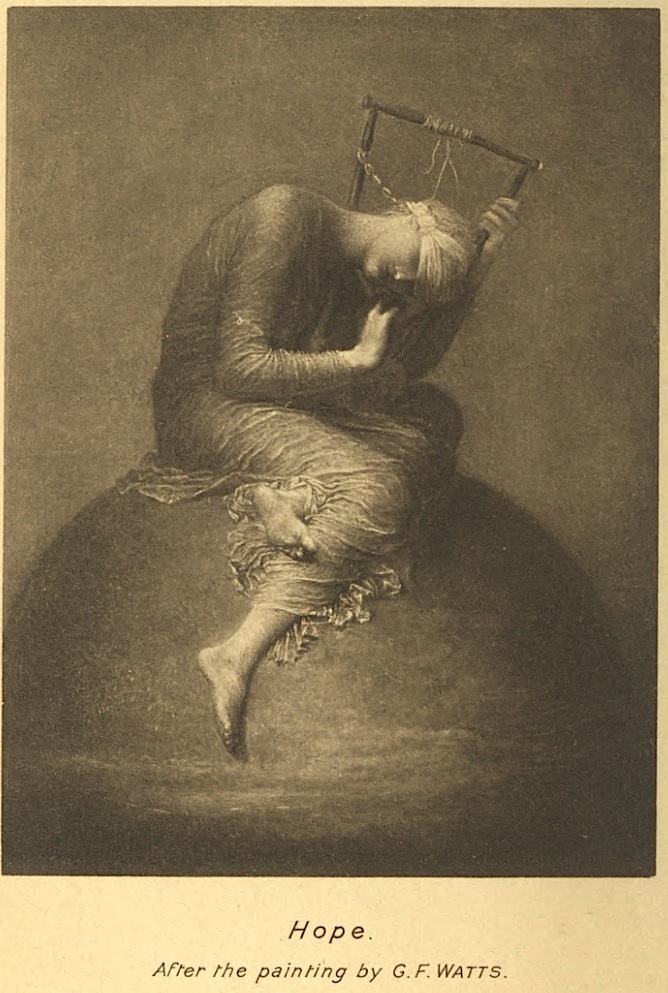
OUR ETERNITY
CHAPTER I
OUR INJUSTICE TO DEATH
1
It has been well said:
“Death and death alone is what wemust consult about life; and not somevague future or survival, where we shallnot be. It is our own end; and everythinghappens in the interval between deathand now. Do not talk to me of thoseimaginary prolongations which wield overus the childish spell of number; do nottalk to me—to me who am to die outright—ofsocieties and peoples! There is noreality, there is no true duration, save thatbetween the cradle and the grave. Therest is mere bombast, show, delusion! They4call me a master because of some magicin my speech and thoughts; but I am afrightened child in the presence of death!”[1]
2
That is where we stand. For us, death isthe one event that counts in our life and inour universe. It is the point whereat allthat escapes our vigilance unites and conspiresagainst our happiness. The more ourthoughts struggle to turn away from it, thecloser do they press around it. The more wedread it, the more dreadful it becomes, forit but thrives on our fears. He who seeksto forget it has his memory filled with it;he who tries to shun it meets naught else.It clouds everything with its shadow. Butthough we think of death incessantly, we doso unconsciously, without learning to knowdeath. We compel our attention to turnits back upon it, instead of going to it with5uplifted head. All the forces which mightavail to face death we exhaust in avertingour will from it. We deliver death into thegroping hands of instinct and we grant itnot one hour of our intelligence. Is it surprisingthat the idea of death, which shouldbe the most perfect and the most luminousof ideas—being the most persistent and themost inevitable—remains the flimsiest andthe only one that is a laggard? How shouldwe know the one power which we never lookin the face? How could it have profitedby gleams kindled only to help us escape it?To fathom its abysses, we wait until the mostenfeebled, the most disordered moments ofour life arrive. We do not think of deathuntil we have no longer the strength, I willnot say, to think, but even to breathe. Aman returning among us from anothercentury would have difficulty in recognizing,in the depths of a present-day soul, the imageof his gods, of his duty, of his love or of hisuniverse; but the figure of death, wheneverything has changed around it and when6even that which composes it and upon whichit depends has vanished, he would findalmost untouched, rough-drawn as it was byour fathers, hundreds, n